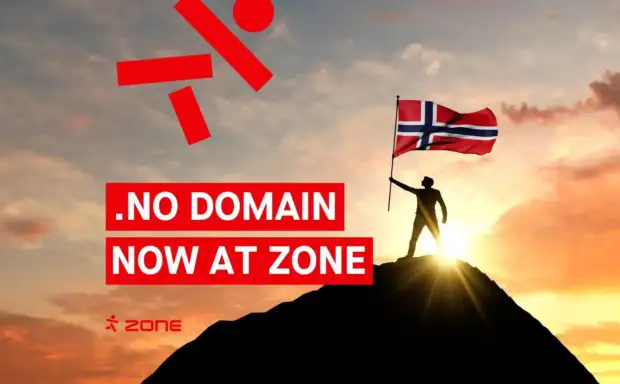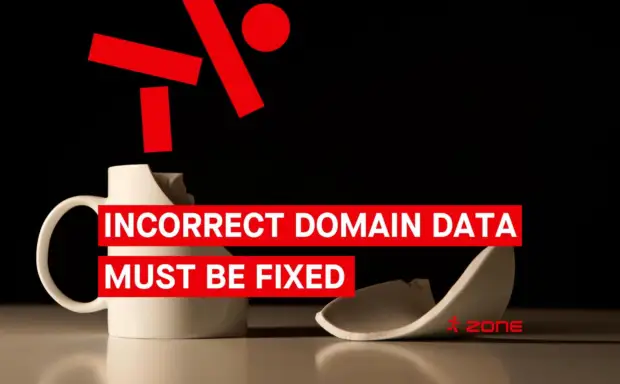This blog post is more than 37 months old and may be out of date.
Optimising a modern website directly affects how well both search engines and users perceive your website. If this essential groundwork has been done with high quality and responsibly, you will soon see a gradual increase in the sale of your services or products as well as your target audience.

Website optimisation – what is it?
Website optimisation involves a series of important but useful activities that will help your website rank higher in search engines. And do not forget that it also has a positive impact on the user experience of the people visiting your site.
The loading speed of your website is not only important because it is nicer to look at for your customers, but also so that it does not try their patience. More and more search engines have started to take the loading speed into account when ranking websites in the top search results. Thus, making your website faster has become an integral part of SEO today.
Why do you need site optimisation?
The main purpose of website optimisation is to earn the trust of search engines. Once the search engine has finally “befriended” your well-optimised website, it will start to highlight its new “friend” in every possible way, thus increasing your website’s ranking and raising its position in search results.
A survey performed by Google shows that if a website takes more than 3 seconds to load, 32 per cent of users will probably lose patience and abandon the website. If the loading time exceeds 5 seconds, the probability of people leaving, i.e. the probability of you losing your potential customers is already more than 90 per cent.
How is optimisation achieved?
Every time someone visits your website, a fairly large amount of information used to dynamically generate the website is exchanged between the server operating your site and the visitor’s web browser. The amount of information is indeed high and it takes some time to process.
This process can be accelerated by caching the webpage, providing a static version of the webpage to display to the visitors instead of a dynamic rendering of the site. In other words, instead of generating a web page in real time for each new visitor, the server operating your site keeps a constantly prepared version of the page in its cache that can be delivered to the visitor’s browser in a minimal period of time.
Website caching is one of the most effective ways of speeding up your website.
Is caching the website all there is to optimisation?
No, it is not. Optimisation includes the following activities:
- Cache configuration.
- Code optimisation (HTML, CSS and JavaScript). There are many different options to achieve this, including minimisation, combining, the right file location is also important, and many more methods, having a significant impact on the performance of your site.
- Media Optimization, which speeds up the loading of images and videos by resizing media files as needed so they would load faster.
- Lazyload, that helps you to upload photos, iFrames and videos only when the visitor needs them.
- Converting of different media content into the modern WEBP format.
- Optimisation of the PHP code in case of code-related speed issues.
- Cleaning the database from old and unnecessary data and copies.
Why is it important to have a fast-loading website?
It is important because it ensures:
- Higher ranking by search engines
- Increased conversion of the existing web traffic
- Better reputation for your website
Why is Google so concerned about website speed?
More and more people are searching for goods and purchasing online, using their mobile devices. This is often done on the go – just as the term “mobile” implies – and that means using networks that might not offer the same network speeds as a desktop computer at your home or office. It is precisely because of this that Google wants to deliver fast search results on mobile devices, and thanks to that, website optimisation has become a universal requirement.
Of course, not only Google expects your website to load quickly, but so do your visitors, or potential customers, for whom it is crucial to access your goods or services quickly and save their valuable time.

How should you proceed?
If you are interested in a free analysis of your website, you can order it on our homepage. If your website is experiencing performance issues, we recommend you to consult our specialists. With their help you will quickly find out exactly what is needed to optimise your website, making it faster and more search engine friendly.
This article was created under the Zone Partnership Programme and was brought to you by Digielu.
Post navigation
Popular posts

.NO domain now at Zone – is your business ready for the Norwegian market?

Zone Webmail 3.0: New features that make email management easier than ever

Still the rightful owner of your domain? ICANN’s new rule means it’s time to double-check
